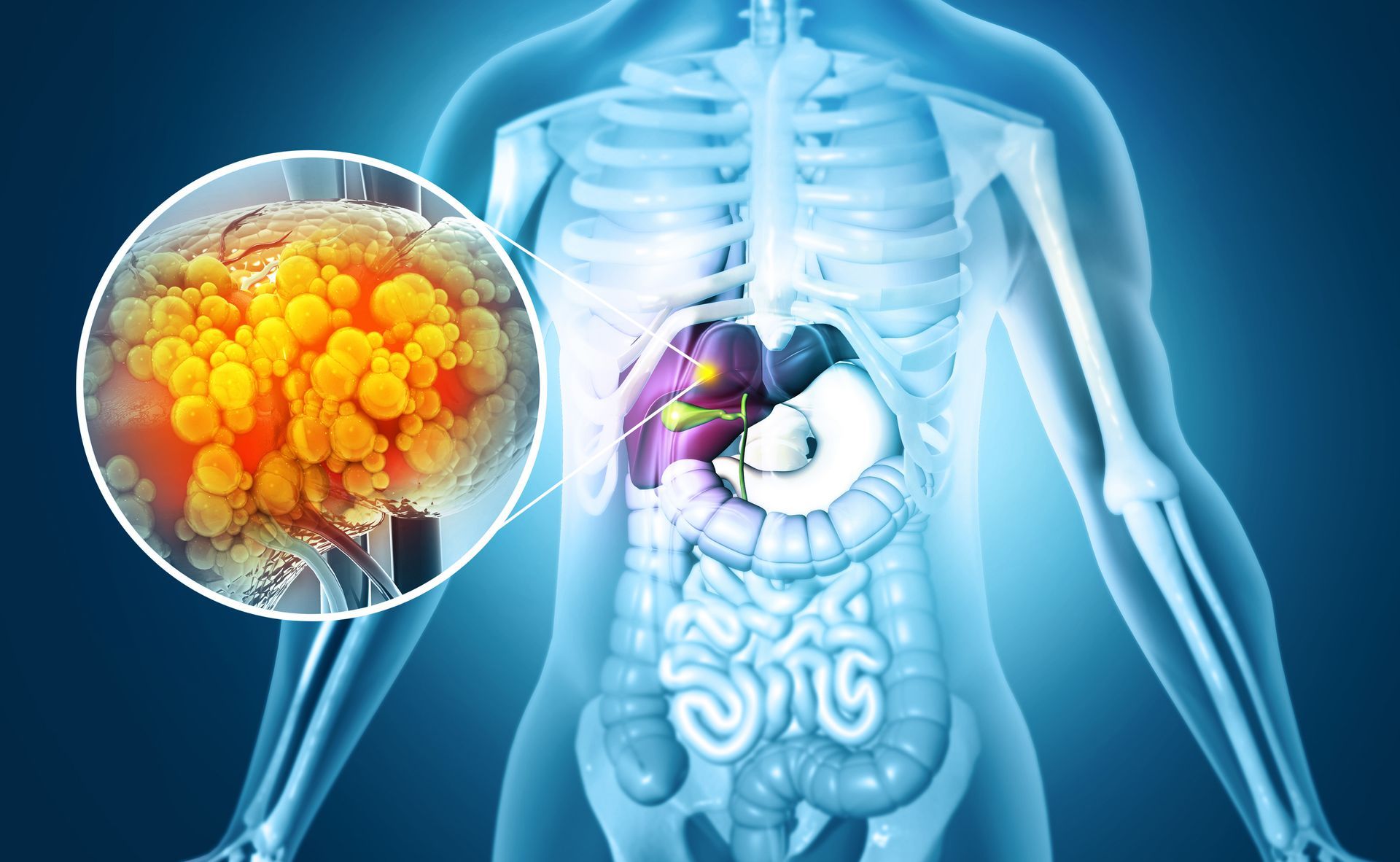Panama City, Florida Gastroenterologists: Colonoscopy Myths
Colorectal cancer is one of the most common causes of cancer-related death. It is also highly treatable with early detection. The best tool for early detection and treatment is a colonoscopy, which should be performed in patients over the age of 45, or for those over 40 with a family history of colon cancer. During a colonoscopy, physicians insert a camera into the large intestine in order to identify polyps and potentially cancerous tissue. If necessary, polyps can be removed and suspicious tissues biopsied during this procedure.
Only Those with Symptoms need a Colonoscopy
When colorectal cancer is detected early, the 5-year survival rate is 90%; unfortunately, only 40% of patients are diagnosed at that stage. The goal is to detect cancer before it causes symptoms. In addition, many colorectal cancer patients have no symptoms at all.
Only People with a Family History of Colorectal Cancer Need a Colonoscopy
Anyone can get cancer, regardless of family history. All individuals above the age of 50 should receive routine colonoscopies; patients with a family history of colorectal cancer should get screened earlier.
Colonoscopies Have a High Risk of Complications
There are very few complications associated with colonoscopies, and they rarely occur. About 1 in 1000 patients experience complications. In fact, you are more likely to get colon cancer than to experience complications after a colonoscopy.
Colonoscopies are Embarrassing
Physicians perform hundreds of colonoscopies each year, and view the colon as just another organ of the body. However, they are also aware that colonoscopies are an invasive form of screening, which can make patients uncomfortable. Part of the physician's job is to keep the procedure as comfortable, respectful, and modest as possible.
Colonoscopy Preparation is Uncomfortable
In order for your doctor to see your colon, it will need to be completely cleaned before the procedure, which means a liquid diet for at least 1 day, as well as a prescription laxative. However, using the restroom during this time should not be uncomfortable.
A Colonoscopy is Painful
Patients generally receive a sedative during the procedure, as well as pain medication if needed. The majority of patients do not even remember the procedure afterwards.
Polyps Equal Cancer
Polyps are benign, but have the
potential to become cancerous if left untreated. They can be removed during the colonoscopy, with no further treatment necessary.
The expert staff at Digestive Diseases Center are highly experienced in screening for, detecting, and treating colorectal cancer. Schedule your colonoscopy in northwest Florida today.
CONTACT
850-763-5409
ADDRESSES
4 LOCATIONS
204 E 19th Street, B, Panama City
12216 Panama City Beach Pkwy, D, Panama City Beach
4295 3rd Ave, Marianna
101 Good Morning St., 109B, Port St. Joe
Subscribe to our newsletter:
subscribe to our newsletter
We will get back to you as soon as possible.
Please try again later.



